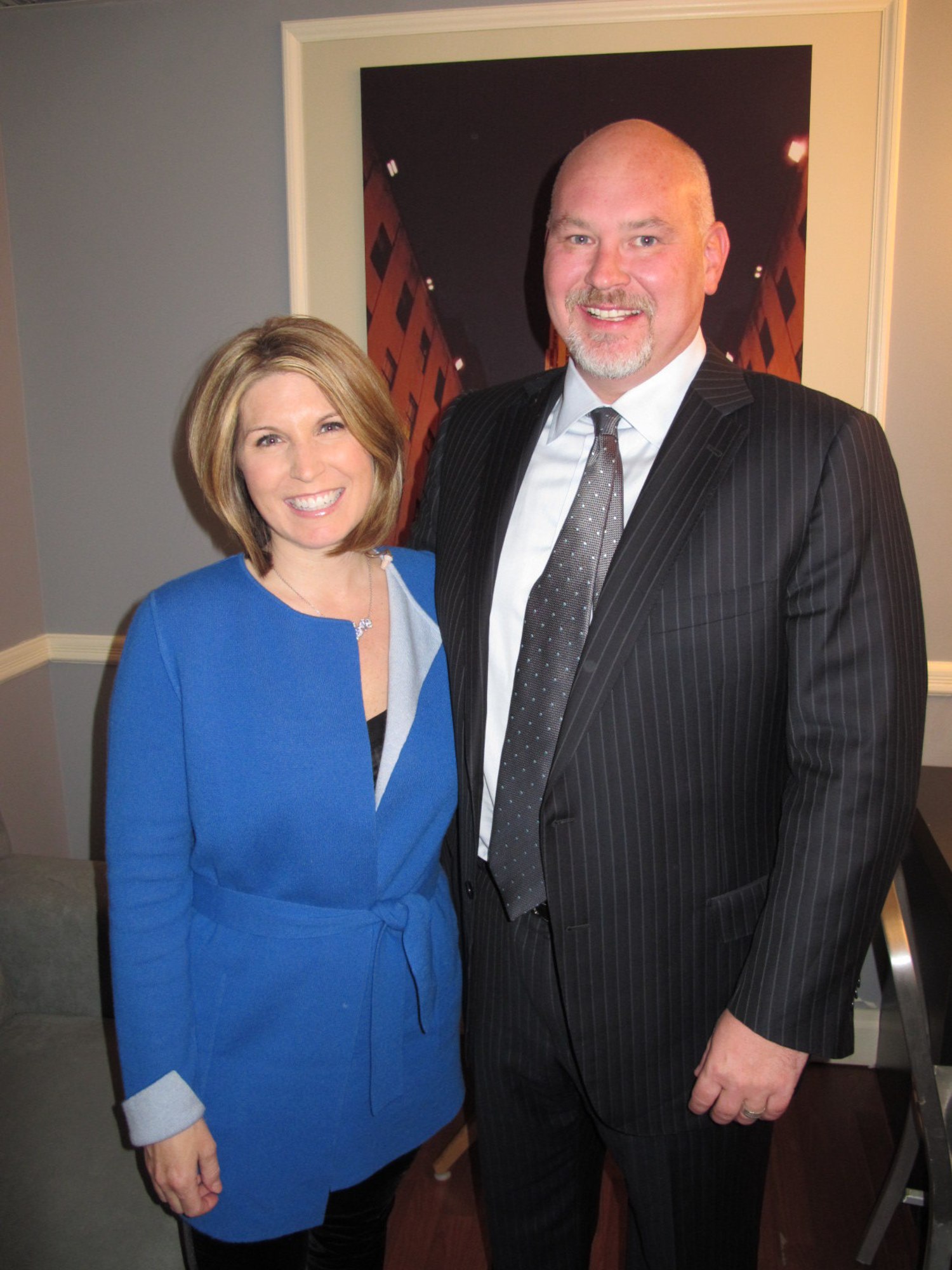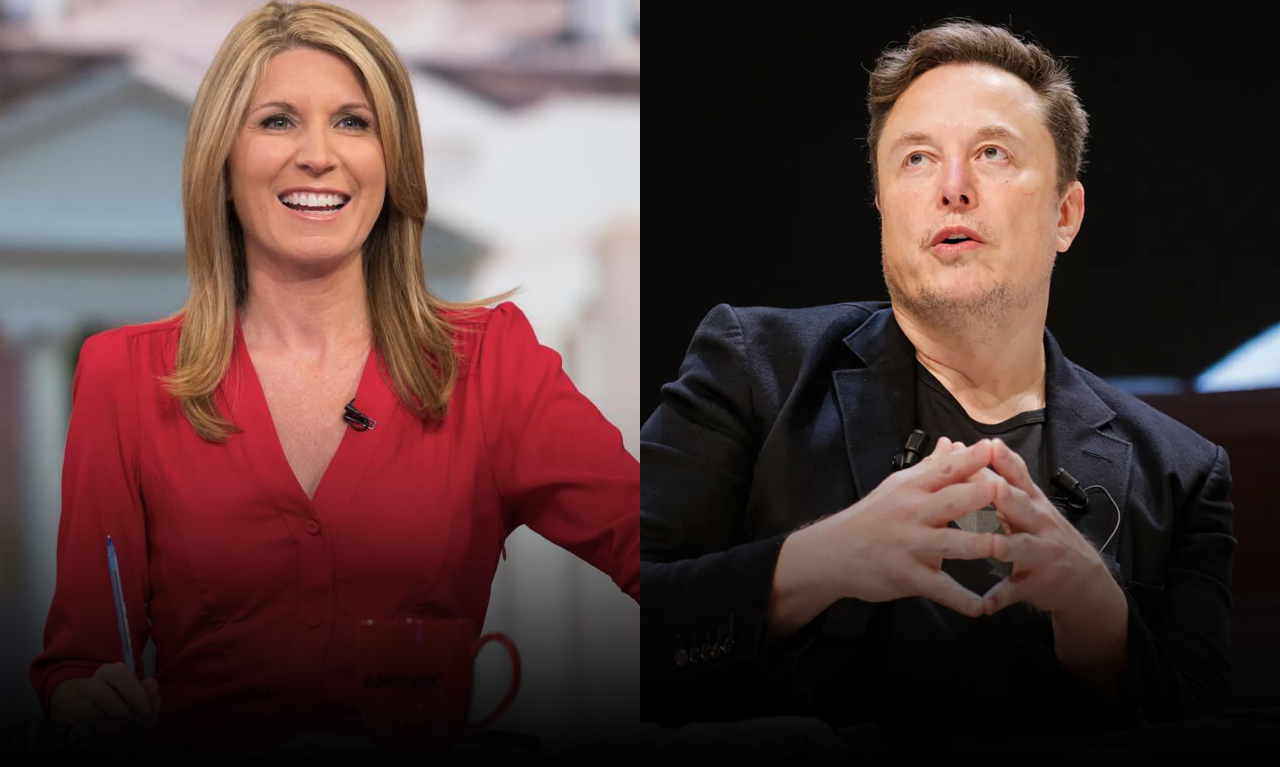
Political analyst and MSNBC host Nicolle Wallace recently announced her departure from Twitter, citing it as an “act of self-preservation.” In a candid statement, she expressed frustration with the platform’s shift away from the content that initially drew her there, saying, “As a human, I deleted Twitter today as an act of self-preservation and because I could no longer find the things I’m interested in; I’m seeing a lot of things I’m not.” For someone like Wallace, who has made a career from engaging with political and cultural topics, stepping back from one of the most influential platforms in media highlights a deeper, growing sentiment: many feel that social media no longer reflects their interests or well-being.
Wallace’s move has prompted a wave of reactions, with many commending her for prioritizing mental health and openly discussing what countless users feel—social media has become more draining than rewarding. Twitter was once celebrated as a revolutionary space for connection and public discourse. However, it has increasingly become a source of divisive debates, misinformation, and emotionally charged content that can overwhelm users rather than inform or uplift them. Wallace’s departure raises the question: has social media, particularly Twitter, drifted away from its initial purpose?
For Wallace and others who engage in high-stakes topics, Twitter was not just a platform but a public arena for shaping and sharing ideas. But with its transformation into a space that often prioritizes sensationalism, many users find themselves scrolling through content that amplifies outrage instead of fostering thoughtful discussions. This phenomenon, sometimes referred to as “doomscrolling,” can affect mental well-being, leading users to absorb a constant stream of distressing information, negativity, or sensationalist content. Wallace’s exit might serve as a powerful reminder to both public figures and everyday users of the importance of setting healthy boundaries in an era where digital engagement is often expected.
:max_bytes(150000):strip_icc()/the-view-1-bbc6ee7d0fdd47da9cd0640ccd4da336.jpg)
Her departure also brings up a larger discussion around the idea of self-preservation in the digital age. Social media platforms are structured to capture and retain user attention through algorithms that don’t always prioritize mental health. As public figures increasingly recognize the toll these platforms can take, Wallace’s choice could symbolize a shift in how we think about digital consumption. Her decision suggests that for some, the mental toll outweighs the benefits of online engagement, particularly in environments that thrive on outrage and conflict.
While some applaud Wallace’s decision, others argue that leaving Twitter—or any major platform—also means stepping away from a space where essential conversations happen in real time. For those in the fields of journalism, media, and politics, Twitter has become an indispensable tool for breaking news, instant communication, and shaping public opinion. Critics of Wallace’s choice might argue that rather than leaving, individuals should advocate for reform within these platforms to create spaces that prioritize healthy engagement and meaningful content. However, as Wallace’s move demonstrates, sometimes opting out entirely is a valid choice for those seeking a reprieve from the digital noise.
Wallace’s departure may reflect a growing trend among users who feel that social media no longer serves its intended purpose. Instead of fostering genuine connections and informed discussions, it has, for some, become an echo chamber of polarization and performative outrage. As such, Wallace’s decision invites both platforms and users to rethink how these digital spaces could evolve to better meet the needs of those seeking positive, interest-driven interactions over divisive, emotionally charged ones.
Wallace’s statement may be a signal of an upcoming shift. With discussions around digital well-being gaining traction, people are increasingly mindful of the impact these platforms have on their lives. The question remains whether Wallace’s departure will inspire a broader re-evaluation, pushing users to reconsider their digital engagement. For some, it may mean reducing screen time, curating content more carefully, or even stepping away entirely.

Her exit from Twitter raises important questions about the sustainability of our relationships with social media. As users, we are constantly faced with balancing the desire to stay informed with the need to protect our mental health. For public figures like Wallace, the stakes are even higher, as online platforms can shape their public image and influence public opinion. Her decision could encourage a rethinking of digital engagement for both influencers and followers, signaling that stepping away from social media can be a deliberate and empowering choice.
In an era where social media permeates almost every aspect of our lives, Wallace’s decision is a bold reminder that it’s okay to prioritize well-being over connectivity. It challenges the assumption that public figures must remain constantly available online and invites all of us to think critically about how we interact with these platforms. Wallace’s departure reflects a growing sentiment that we might be approaching a new era in digital engagement—one where individuals consciously choose platforms that align with their values, support their interests, and, most importantly, preserve their mental health.








